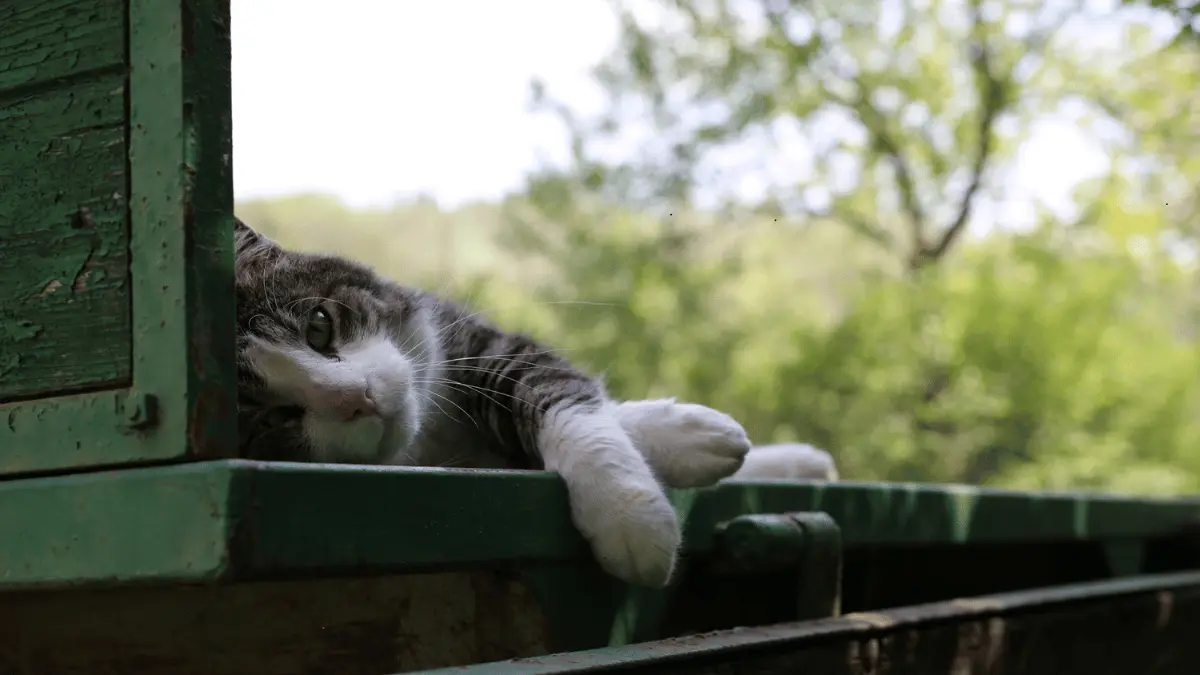Pet Dental Health: Why It Matters and How to Maintain It
Protect your pet’s smile! Learn why dental health matters and how to maintain it for your furry friend. Follow our guide for a healthier pet.
As a pet owner, you have probably heard the phrase, “prevention is better than cure” before. This phrase holds true, especially when it comes to your pet’s dental health. Oral hygiene is just as important for our furry friends as it is for us humans. In fact, according to the American Veterinary Dental Society, dental disease is the most common disease found in pets. So, why does pet dental health matter and how can we maintain it? Let’s find out.
Why does pet dental health matter?
Just like us, our pets can develop dental problems if we don’t take care of their teeth. These dental problems can lead to more severe health issues that can affect their overall well-being. Here are some of the reasons why pet dental health matters:
Preventing Bad Breath:
Nobody likes bad breath, especially not your pet. Poor dental hygiene can lead to bad breath, which can be a sign of an underlying dental problem.
Reducing the Risk of Gum Disease:
Gum disease is a common problem in pets and can cause pain, swelling, and infection. In severe cases, it can lead to tooth loss, and even worse, it can affect other organs such as the heart, liver, and kidneys.
Avoiding Tooth Decay:
Just like humans, pets can also experience tooth decay. This can be caused by poor dental hygiene, a poor diet, or genetics.
Early Detection of Other Health Problems:
Dental problems can be a sign of other health problems. For example, bad breath can indicate kidney problems or diabetes, while excessive drooling can be a sign of nausea.
How can we maintain our pet’s dental health?
Now that we know why pet dental health matters let’s look at how we can maintain it. Here are some tips to keep your pet’s teeth and gums healthy:
Brush Their Teeth:
Just like us, our pets’ teeth need to be brushed regularly to remove plaque and prevent tartar buildup. Make sure to use a toothbrush and toothpaste specifically designed for pets, and start slowly to get your pet used to the process. Gradually increase the amount of time you spend brushing until you can brush their teeth for at least two minutes.
Offer Dental Treats:
Dental treats can help to clean your pet’s teeth and freshen their breath. Look for treats that have been approved by the Veterinary Oral Health Council (VOHC). These treats have been tested and proven to reduce plaque and tartar buildup.
Feed Them a Healthy Diet:
A healthy diet is important for your pet’s overall health, including their dental health. Feeding your pet a balanced diet can help to prevent tooth decay and gum disease. Avoid feeding your pet table scraps and sugary treats, as these can lead to dental problems.
Regular Check-Ups:
Regular dental check-ups with your veterinarian are essential for maintaining your pet’s dental health. Your veterinarian can spot problems early and offer treatment before they become more serious. During a dental check-up, your veterinarian will examine your pet’s teeth and gums, and may recommend a dental cleaning if necessary.
Also Read: Guide to bearded dragon food for a healthy beardie.
FAQs about Pet Dental Health
How often should I brush my pet’s teeth?
Ideally, you should brush your pet’s teeth every day. However, if this is not possible, aim to brush their teeth at least 2-3 times a week.
What should I do if my pet has bad breath?
Bad breath can be a sign of dental problems, so it’s important to take your pet to the veterinarian for a check-up. Your veterinarian can identify the underlying cause of bad breath and offer treatment if needed.
Can dental problems in pets be prevented?
Yes.














